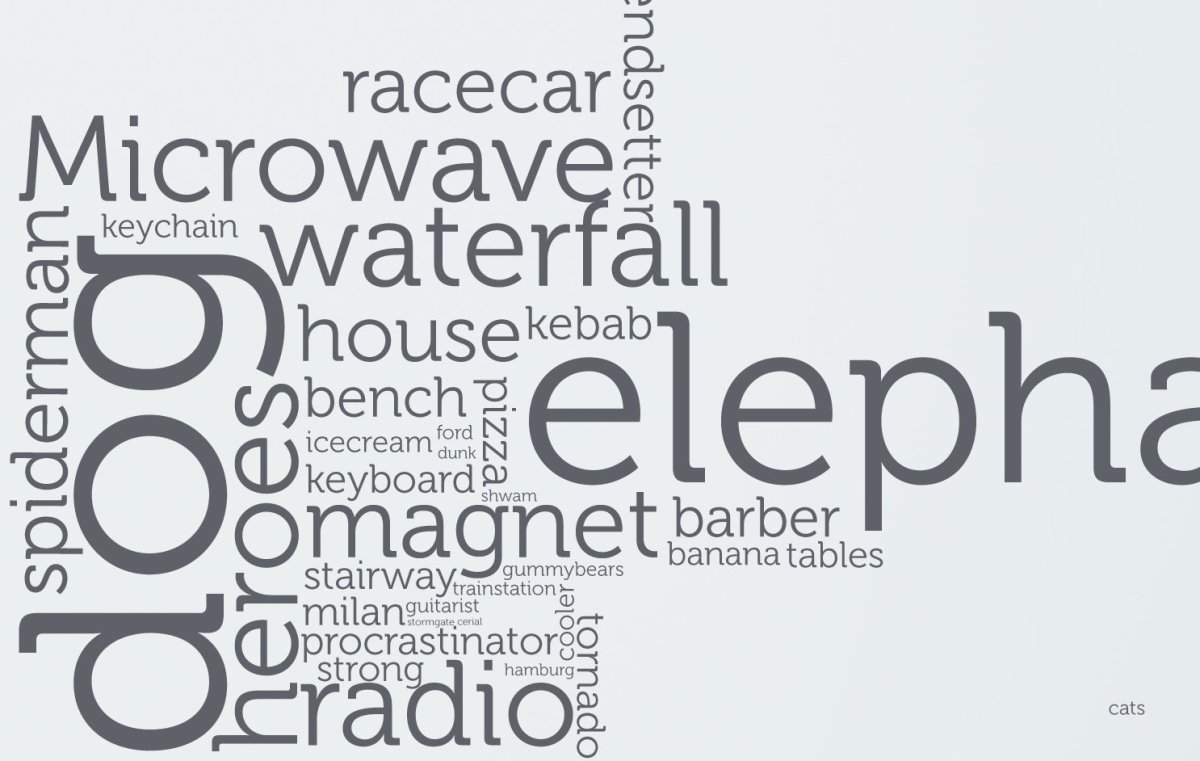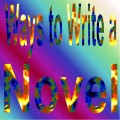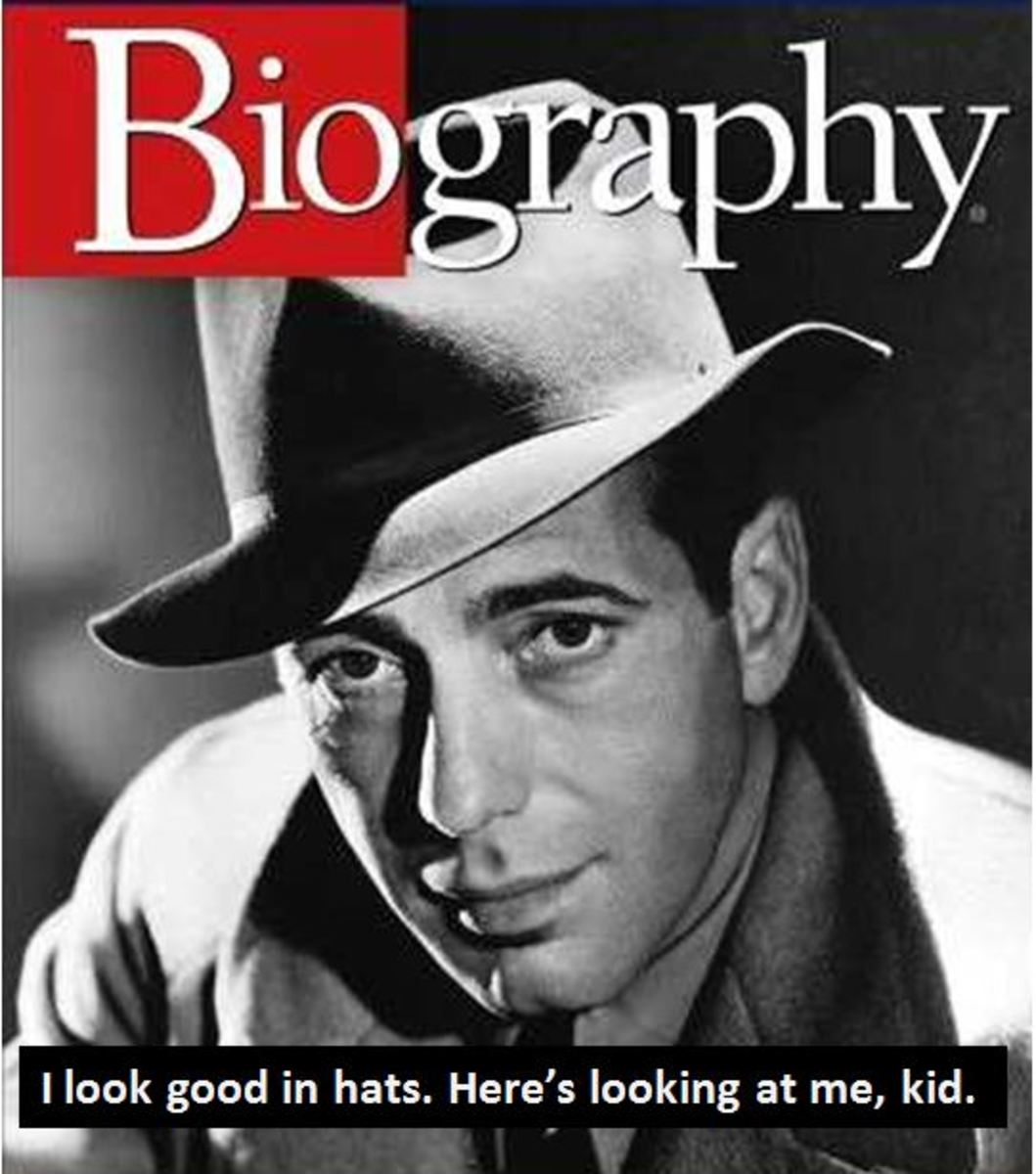How To Write A Book Draft
This is part two of four on how to write a novel.
Part One - How To Write A Book
Part Three - How To Write A Manuscript
Part Four - How Do I Get A Book Published
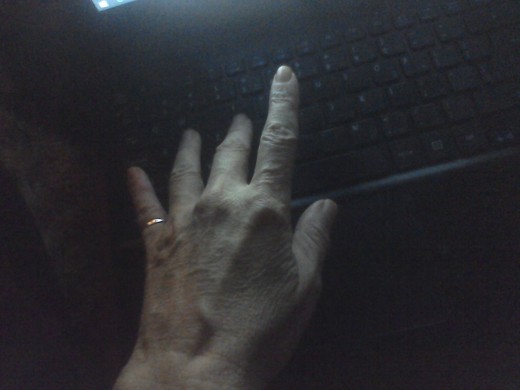
A Movie in Your Mind
Once you have thought out your story and written quite a few notes to aid your memory in the book's formation, it is time to sit down and actually type out the manuscript. This process can take months to accomplish. Do not rush it. Do not think you can do it all in a day, or even a week. Plan on spending many, many long hours for months at a time until it is done. All art take its own sweet time in arriving and should never be pushed or it will turn out stilted and dull. Once you realize it is a job that will take time, your mind will accept the actual process. Your mind will want to throw it all at you at once and expect your fingers to keep up. Let it roll. If your mind goes past the part you are working on and heads towards to the ending, rewind your mind and let it start again until it gets to the chapter you are actually working on. Sometimes you have to let your mind go to the end of the story and start it over, like a movie, till you find the 'bookmark' of where your fingers are actually working. This may not make sense to you now, but once you start writing, you will understand this concept completely. The brain is a mysterious machine and it has to have free reign when it needs it. Each time it runs too fast towards the ending, it makes plans and improvements that will later appear in the actual story. But you, as the owner of that brain, must stubbornly stick to the planned chapter once the mind has had that little free run.
Tool of the Trade - Word!
One program you will need is Microsoft©Word. The simple Microsoft©Wordpad does not have enough features to help much in writing a novel and notepad is completely useless except perhaps for some simple notes. Microsoft©Word is the way to go if you plan on being a serious writer. This program is very handy for the future formatting, word counting, spell check and grammar and other important forms of manuscript formation. Spend a day or so just getting used to the program. If you are already a Word user, you are ready to start the process. I use a very old copy, Word2000©, and have always been happy with it, am used to it and will probably always use it because of its easy to use functions. No doubt what is available now is probably better but I hate learning new programs and would rather spend my time actually writing.
Word!

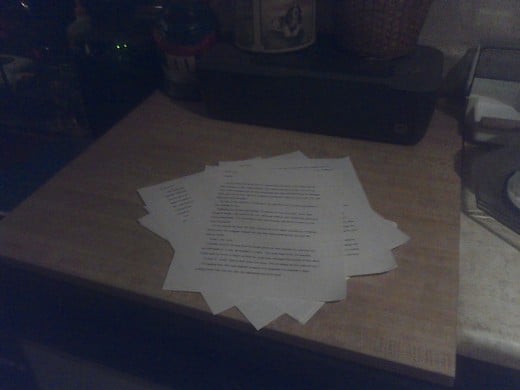
Starting Your Draft Copy
Start with Chapter One and continue till the end. I know that sounds simple but it is actually not as easy as it sounds. Many new writers make the terrible mistake of getting stuck on the first chapter and never progressing to the next. They write it and rewrite it and correct it and change it and never get anywhere. The chapter gets longer while chapter two sits on a hill waiting to be discovered. Or, they flip flop all over the place from chapter to chapter, a bit here and a bit there, and never really get the feeling of the story as a reader would feel it. And, remember, you are writing for the reader. Start on the first chapter and do not worry about spelling or grammar or errors...Just write. Next chapter and then the next chapter. Until you have written the whole story out. This is called your Draft. If you worry too much about the beauty of the story, the story may never get written. You will have more than enough time to correct (edit) the finished draft when the time is right. The main thing is to get that story down in print in a beginning to end form.
Word Count
Each finished chapter should be somewhere in the area of three thousand words. The final manuscript somewhere around eighty thousand words. The drafts of each chapter would probably only be about a thousand or two. Do not worry about that. You can worry about actually counting words once you are in the editing stage. Again, worrying about word count during the draft stage can hold back the actual thoughts flowing from your mind and through your fingers. You can plump it up later during the second draft, filling in more detailed descriptions and details in order to make the reader see what you see in your own head. The main idea is to get that story down from beginning to end as it would be told if someone was just listening to you talk. Do not worry if it does not sound exactly right and things seem to be missing, you can worry about all that later. Just write and don't look back.

Monday to Friday Work Schedule
9am
| Workday Starts
|
10:30am till 10:45am
| Coffee Break
|
12 Noon till 1pm
| Lunch
|
3:30pm till 3:45pm
| Coffee Break
|
5pm
| Quitting Time
|
Saturday and Sunday
| NO WORK
|
Typical Schedule for just about any job, including writing a book.
Scheduling A Work Day
Plan on about one chapter per day during the draft stage. Or, if you prefer, plan a certain amount of hours per day, each day. Like any job, you do need to eat, sleep and rest. Treat it as a job. If you plan on working eight hours per day (recommended, not more than that per day), plan on a short break in the morning as well as another short break in the afternoon. Take an hour for lunch (thinking about your story, preferably and avoiding outside interference).
Also, take at least Sundays off to be with family and friends or to just plain relax. Do not think story, do not write anything even if badly tempted. One problem writers have is actually knowing how to leave a story behind for even a day and doing something else since that story lives in our minds. It is hard to turn it off. Two days off a week would, of course, be ideal. When the story is really flowing well, you might not want to stop for a day but you must. Working sixteen hour days, seven days a week will kill you and your story. You must avoid burning out before the job is done. It can happen, believe me. Treat yourself well and be a good boss to yourself and your story when it is complete will reflect that good treatment.

Writer's Meditation
Scheduling is very important. Decide when the best time of day would be for you to write. One thing I have found is that on waking, I can spend an hour with my first coffee, staring out the front window and thinking about where the story is going to go that day. When that hour is up, I sit down and write that chapter. A lot of the time can be spent just thinking. After all, the story is coming from your mind and your imagination. It is not a crime to sit and think, drink a coffee (or perhaps a tea, water or soda. Avoid Alcohol, as what you write today will most likely read like garbage tomorrow) and let your thoughts bounce around until something just feels perfectly right and needs to be typed out. You will hear dialogue in your head as your characters talk to each other. Let them talk. Do not be afraid of the voices in your head. They have something to say and you must take time to listen sometimes. Try to keep your mind on the story. Do not think of what you will be doing later, what a friend said yesterday, what you are cooking for dinner that night, unless, of course, it might be added into the story at some time. Keeping your mind on track is a discipline that is learned over time. It is a very hard discipline but it can also be an excellent form of meditation when you get used to it and really learn to use thinking time the right way.
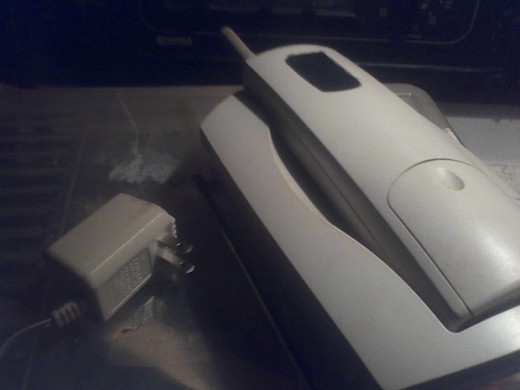
Go Off The Grid
Outside interference can be a major obstacle to a good writing day. For that reason, I never open mail, check websites, book sales and royalties, or any other internet functions. All of that can wait till after the work day is done. I will not even go get or look at whatever snail-mail is delivered to my home until after my work is done. It just takes one thing to anger you, interest you or frustrate you and BOOM, you will never be able to write your story because your mind is too occupied with other thoughts. Your mind should be empty of everything except the job at hand and that is, writing. I cannot stress this enough. A whole day of work can be ruined by just a simple phone call or letter. Turn off the telephone, turn off the doorbell, disconnect the internet cable (Gasp? You can work offline), do not turn on that television or radio, do what you have to to ensure complete concentration on your story and the planned work for the day. Again, discipline and dedication are your owners and masters until the planned writing is complete.
© 2016 Susan May Gudge




